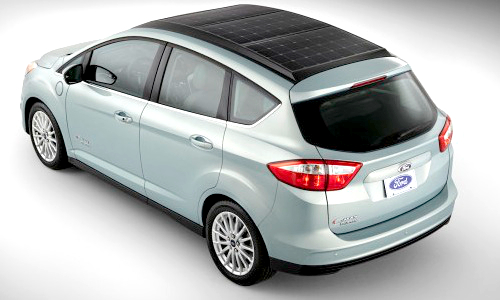New or Used: Best Value for Money

Whether you’re a seasoned driver or have just got your license, at some point you’re going to have to traverse the minefield of buying a car.
There are so many considerations to factor in that you could be forgiven if your head is left spinning.
The first major hurdle to overcome to deciding between new or used.

It’s an age-old debate that has yet to come to any definitive conclusion. There are a number of questions you may find yourself asking. What works out cheaper in the long-term? Which is the better value for money? How will either choice fare when it comes to performance? We’re here to analyze the conducive factors so that you are able to make an informed decision that’s right for you. Let’s start with the obvious, shall we?
The deciding factor that will ultimately sway your decision one way or another, especially if you’re young, is the price. If you’ve just passed your test, unless you’re being treated to your first car by your parents, chances are you’ll require a safe, cheap option. You may not know, however, that there is more to price to consider than just the cheque you make out to the dealer.
While it may be tempting to throw your money at the cheaper option on paper, it’s advisable that you do your research first. More critical to the cost is the make and model of the vehicle you’re purchasing. This is what will ultimately decide your insurance rate. And if you’re new to driving, your premiums are going to be high enough already. Then there’s the matter of tax and fuel. Different cars will burn through gas quicker than others. Do your research on this before making a decision, as you may find the cost of running your vehicle may be steep.
If you’re looking at a used car, be aware of its service history. When you buy new, your car is your own. It’s never been out on the open road for longer than the time it takes to perform a test drive. Used cars have more miles on the clock. They may need maintenance before long. That being said, there’s every chance that buying used still works out cheaper, even with the need for repair work. Read our guide to the checks you need to perform before buying a used car.
Finally, some other factors to consider:
- New cars are often protected by a set manufacturer’s warranty. This means that faults outside of your control are covered. This may seem like a huge benefit, but your insurance plan could cover some of them too. More and more used cars from dealerships also offer guarantees in the shorter term, if you require peace of mind.
- Buying privately certainly offers better value for money, but comes without any of the safety nets provided by a dealership. The car’s mileage may have been tampered with, so it may be worth biting the bullet and paying more for certainty.
- Trust your instincts. Dealing with reputable suppliers often eliminates the need to worry. And they’ll probably be more responsive to any issues you encounter. Buying from a private seller is different. If you have a bad feeling or a deal seems too good to be true, trust your gut feeling. It’s better to be safe than sorry.



